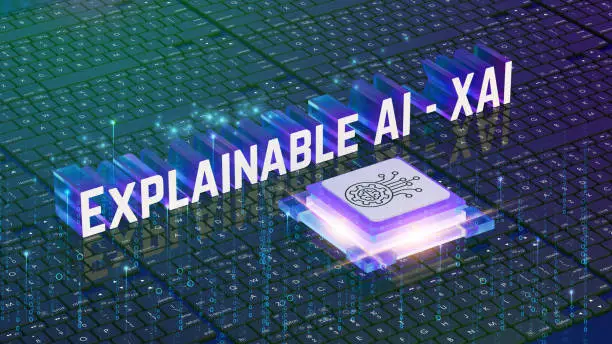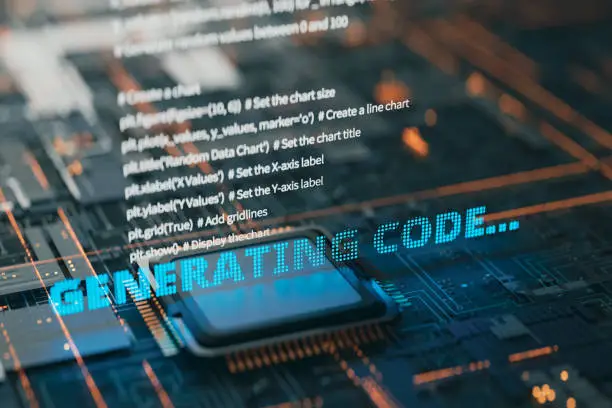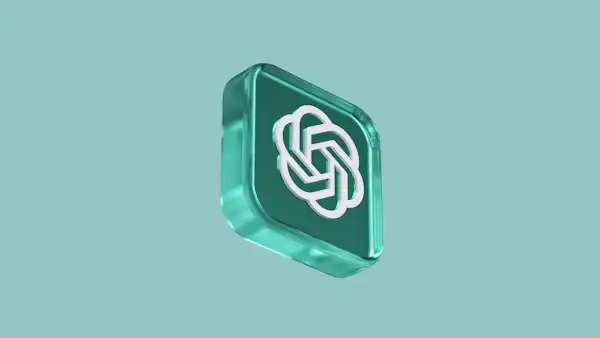Artificial intelligence is not just a tool anymore. It is a revolutionary technology that is rapidly displacing jobs in a variety of industries. With AI-driven “co-pilot” technologies, tasks that once required human expertise are now automated in seconds. The big question is: How many jobs will AI replace by 2030? Is your job safe, or is AI coming for it?
If your job relies on one of these industries, it might be time to adapt before it’s too late.
1. Microsoft Copilot—AI (Powered Office Assistant)
Possible Replacement: Administrative assistants, data analysts, content writers.

What does Microsoft Copilot AI do?
Microsoft Copilot integrates into Word, Excel, Outlook, and Teams, eliminating repetitive tasks like document editing, email drafting, and data analysis. AI-generated reports and instant insights mean less manual work. I.e., human expertise will be required at minimum.
Expected Impact:
It is expected that entry-level office roles could shrink by 50–70% as businesses automate administrative tasks.
2. GitHub Copilot: AI for Coders
Possible Replacement: Junior developers, coding tutors, tech support staff

What does GitHub Copilot do?
GitHub Copilot, powered by OpenAI’s Codex, assists in writing, debugging, and autocompleting code in real-time. Developers can now generate entire blocks of functional code instantly. This AI helps even in building websites, app development, and correcting syntax errors that may arise.
Expected Impact:
Junior coding roles may reduce, but experienced developers will possibly become more productive than expected.
3. ChatGPT Enterprise: AI-Powered Customer Support
Possible Replacement: Customer service agents, technical writers, copywriters

What does ChatGPT Enterprise do?
ChatGPT Enterprise is transforming customer service by automating live chat, email support, and FAQ responses. It also generates blog content, product descriptions, and marketing copy.
Expected Impact:
By 2030, 40% of customer service jobs could disappear as AI chatbots take over.
4. Google Gemini: AI for Research and Decision-Making
Possible Replacement: Market researchers, business analysts, research assistants

What does Google Gemini AI do?
Google Gemini can analyze complex data, detect patterns, and generate research summaries in seconds. What used to take days of human effort is now done instantly.
Expected Impact:
AI is reshaping finance, business, and academic research, reducing the need for human analysts.
5. Descript: AI (Powered Video and Podcast Editing)
Possible Replacement: Video editors, audio transcribers, podcast editors

What does Descript AI do?
Descript’s AI makes editing videos and podcasts as simple as editing a Word document. Features like auto-transcription, noise removal, and AI voice cloning are transforming content creation.
Expected Impact:
Many freelance editors could lose work as AI makes editing faster, cheaper, and more accessible.
6. MidJourney and DALL·E—AI for Graphic Design
Possible Replacement: Graphic designers, illustrators, advertising creatives

What do MidJourney and DALL·E AI do?
MidJourney AI and DALL. E AI tools generate hyper-realistic images and marketing graphics in seconds. Businesses no longer need to hire designers for everyday design tasks.
Expected Impact:
Entry-level design jobs could decline by 50% as AI-generated visuals take over.
7. Synthesia: AI (Video Production Without Actors)
Possible Replacement: Voice-over artists, actors, video producers

What does Synthesia AI?
Synthesia creates AI-generated avatars that can speak in multiple languages, making it ideal for training videos and e-learning content.
Expected Impact:
AI-generated actors could reduce the need for human presenters and voice artists in many industries.
8. Tome AI—Automated Presentation Creator
Possible Replacement: PowerPoint specialists, business analysts, presentation designers

What does Tome AI?
Tome AI turns raw data into visually stunning presentations instantly. No more spending hours manually designing slides.
Expected Impact:
Many consulting and corporate roles will see a drastic reduction in demand.
9. Replit AI—No-Code Software Development
Possible Replacement: Junior programmers, freelance developers

What does Replit AI do?
Replit AI assists in writing and debugging code, allowing even non-programmers to build apps and websites.
Expected Impact:
Freelance programmers could lose jobs as AI lowers the barrier to coding.
10. ElevenLabs: AI (Generated Voiceovers)
Possible Replacement: Narrators, audiobook creators, podcast hosts

What does ElevenLabs AI:
ElevenLabs creates realistic AI-generated voices that can read audiobooks, act as virtual assistants, and even mimic accents.
Expected Impact:
The audiobook and radio industries could see a major shift toward AI-generated narration.
Bottom Line:
- AI will automate repetitive jobs, but humans will still be needed for creativity, strategy, and oversight.
- Upskilling in AI-related fields will future-proof your career.
- The AI revolution isn’t coming; it’s already here.
FAQs: How Many Jobs Will AI Replace by 2030?
Will AI replace all human jobs?
No, but it will reshape industries. Expect automation in repetitive tasks, while new job opportunities emerge in AI development and automation management.
Which industries are at the highest risk?
Jobs in manufacturing, customer service, transportation, and data entry are most vulnerable.
What new jobs will AI create?
Expect growth in AI ethics, prompt engineering, robotics, cybersecurity, and data analysis.
Will high-paying jobs be affected?
Yes. AI is transforming fields like finance, law, and healthcare, but professionals who integrate AI into their workflow will remain valuable.
How many jobs could AI replace by 2030?
Reports suggest AI could automate 30% of jobs globally while also creating new roles in emerging industries.
Will AI create more jobs than it eliminates?
History shows that new technology often creates more opportunities than it destroys. AI-driven industries are expected to generate millions of new jobs worldwide.
Mathew Otu, a tech blogger with over 15 years of experience, has been sharing insights on emerging technologies, mobile apps, and digital solutions since 2008. He has also contributed to Android app development projects focused on monitoring worker and driver stress levels. Known for his positive perspective, He lives in Nottingham, England, exploring the ever-evolving tech world.




